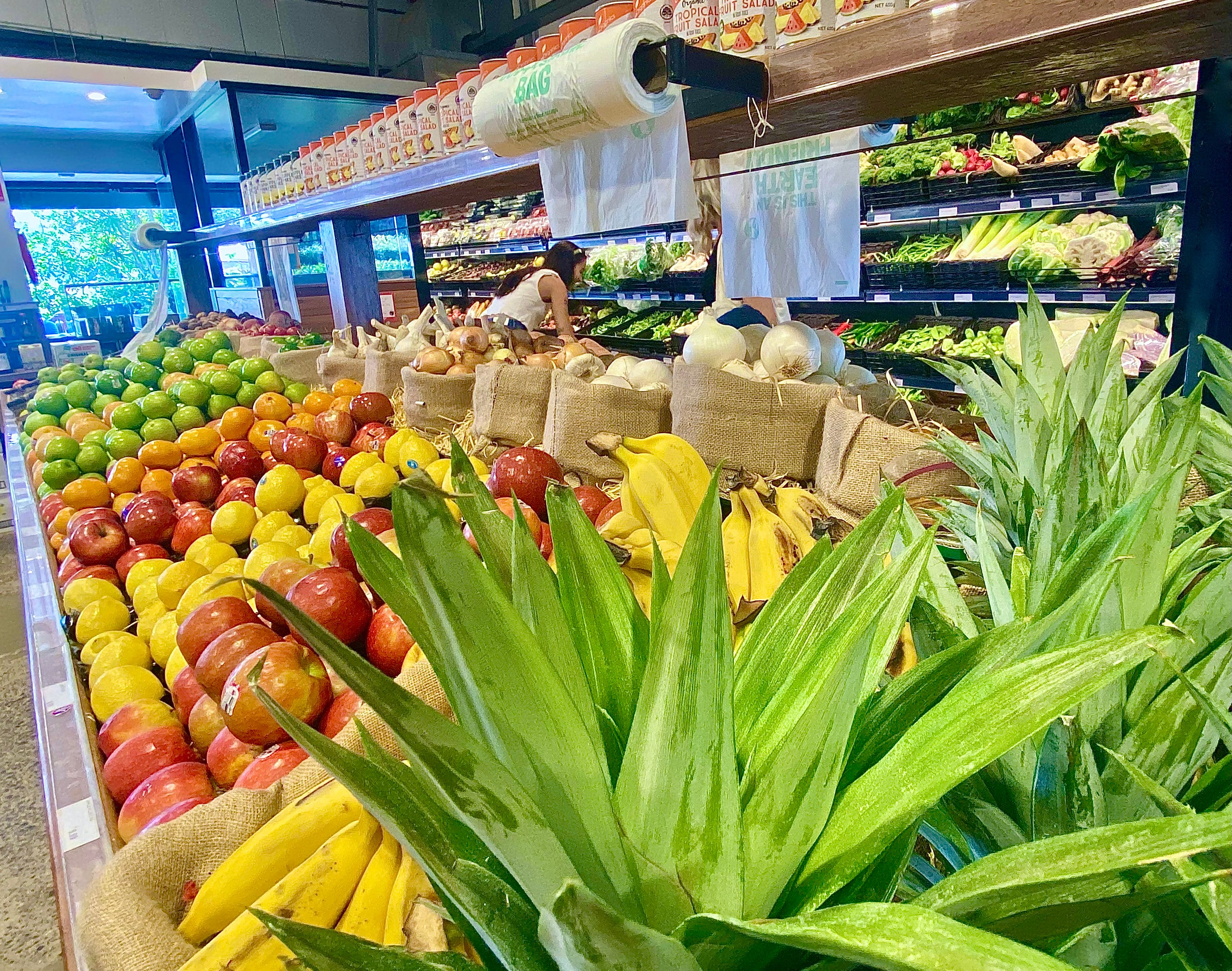The Rising Demand for Organic Products: Trends and Insights
Understanding the Shift Towards Organic Products
In recent years, there has been a noticeable shift in consumer behavior towards organic products. This change is driven by a growing awareness of health and environmental issues. Consumers are increasingly opting for items that are free from synthetic pesticides, fertilizers, and genetically modified organisms (GMOs). This trend is not just limited to food but extends to a variety of products including cosmetics, textiles, and household goods.

The demand for organic products is largely fueled by the millennial generation, who are more conscious about what they consume and how it impacts the planet. This demographic values transparency and sustainability, making them more inclined to choose organic options over conventional ones. As a result, businesses are adapting by expanding their organic product lines to meet this burgeoning demand.
The Health Benefits Driving Demand
One of the primary reasons for the increasing popularity of organic products is the perceived health benefits. Many consumers believe that organic foods are healthier because they contain fewer chemicals and additives. Research studies have shown that organic produce can have higher levels of certain nutrients compared to conventionally grown produce. This perception of health benefits has been a significant driver for the increased consumption of organic foods.
Moreover, organic farming practices are designed to maintain ecological balance and biodiversity, which are crucial for long-term agricultural sustainability. By choosing organic products, consumers feel that they are contributing to a healthier planet while also taking care of their own health.

Environmental Impact of Organic Farming
Organic farming practices have a positive impact on the environment. They reduce pollution, conserve water, reduce soil erosion, increase soil fertility, and use less energy. Farming without synthetic pesticides and fertilizers also helps protect nearby wildlife and ecosystems. These environmental benefits are becoming more important to consumers who are concerned about climate change and environmental degradation.
As awareness about these benefits spreads, more consumers are making conscious decisions to support sustainable agricultural practices by purchasing organic products. This trend is prompting more farmers to convert to organic farming methods, further boosting the supply of organic products in the market.

Challenges in the Organic Market
Despite the rising demand, the organic market faces several challenges. One major issue is the price premium associated with organic products. Due to higher production costs and lower yields compared to conventional farming, organic products tend to be more expensive. This can deter price-sensitive consumers from purchasing organic options.
Another challenge is the confusion surrounding organic labeling. Not all products labeled as "natural" or "eco-friendly" meet the rigorous standards required for organic certification. Consumers need to be educated on how to identify truly organic products to make informed purchasing decisions.
The Future of Organic Products
The future of organic products looks promising as more consumers prioritize health and sustainability in their purchasing decisions. Innovations in farming technology and practices are expected to make organic production more efficient and cost-effective, potentially reducing prices for consumers. Furthermore, increased global awareness and stricter regulations on chemical use in agriculture will likely contribute to the growth of the organic market.
Businesses that recognize these trends and adapt accordingly will not only meet consumer demands but also play a part in promoting a healthier planet. As the market continues to evolve, staying informed about these changes will be crucial for both consumers and producers.
